|
LISTEN TO THIS THE AFRICANA VOICE ARTICLE NOW
Getting your Trinity Audio player ready...
|
Tick tock. The electoral clock that started ticking slowly almost 5 years ago now seems to be ticking faster – hurtling toward the forthcoming general elections, slated for August 9th.
Politicians who have never been patient to wait for an official go-ahead to start campaigns are so well into the game. Day after day, they criss-cross the country to try once again to win the electorate’s favor.
But all is not well with the millennials.
Ironically, the young people make up the biggest part of political rallies, but the same people are apathetic to the election process.
According to Kenya’s 2019 census report, the youth population (18-34 years) constitutes above 13 million, making up 29 percent of Kenya’s total population. However, lately, such numbers are MIA in electoral processes.
In the voter registration process that ended in November last year, going by the media reports, the youth turned out to be in the least of numbers. That begs the question, why is there that disinterest in elections among the young people?

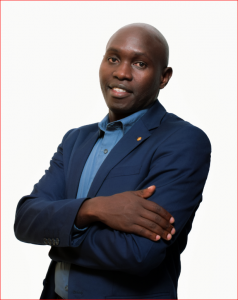

In the exercise, the Independent Electoral and Boundaries Commission (IEBC) targeted enlisting six million new voters. It missed the target by a wide margin. Less than 1.2 million voters were registered.
Late last month, in a bid to get more voters registered, IEBC rolled another two weeks registration exercise, this time targeting 4.5 million new voters. It again missed the target. Slightly above 900 000 new voters turned out.
Okeng’o Nyambane, a youthful senatorial aspirant in Kisii County, said the youth lack civic education on why registering to vote and voting is essential in a democracy.
“We live in the age where information is all over around us, but the youth have been affected by the previous regimes and leaders and lost interest in these exercises,” Nyambane said. “The leaders who have come before have lied to us many times that the young people have seen every aspirant as a liar. But that is not the case, and we are trying to disabuse it from our young people.”
Nyambane, who describes the youth as ‘political movers,’ said he continually educates them to exercise their democratic right of voting whenever he interacts with young people. He noted that more young people should seek political seats and motivate fellow youth to vote for them.
“The current youth is a modern youth, educated and empowered. However big a number we are, we don’t have to go to the streets to riot and demonstrate our voices to be heard. We can do it in a more organized and civilized way, in a way that it benefits the current generation and even after elections,” Okang’a said.
“Changes are necessary, and I urge serious youthful aspirants to seek the public mandate to serve and transform lives,” he said.
Dennis Okang’a, a former student president at the Technical University of Mombasa, sees the large numbers of the youth as a powerful bargaining tool for them. He said they should concentrate their support base and speak in one voice to better articulate their issues.
“The current youth is a modern youth, educated and empowered. However big a number we are, we don’t have to go to the streets to riot and demonstrate our voices to be heard. We can do it in a more organized and civilized way, in a way that it benefits the current generation and even after elections,” Okang’a said.
Okang’a is the leader of the Vijana na Baba movement, the youth wing for former Prime Minister Raila Odinga’s Orange Democratic Movement (ODM) in Mombasa. He said through the campaign; he managed to have five thousand youth in Mombasa registered as voters in the last voter registration exercise.
But the number was half their target of registering ten thousand youths.
“Then, we will have a more clear voice at the negotiation table. Then we can elect leaders who will address our issues directly,” he said.
“The young people want fast change. However, they have lost hope as the status quo has remained over time,” Wanza said. “Regardless of that, though, I will vote for my leaders of choice next year. What if I vote and something changes? What if it’s my vote which could have changed the leader and I didn’t? “
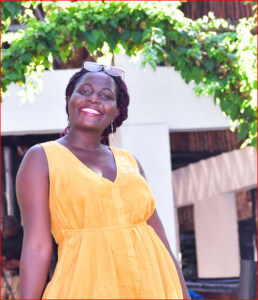
Martha Wanza, the youth representative and executive of the Young Women Christian Association (YWCA) in Mombasa, acknowledges that most youths have lost hope in the electoral process in the country but adds that doesn’t mean they should sit on the sidelines and watch things happening.
“The young people want fast change. However, they have lost hope as the status quo has remained over time,” Wanza said. “Regardless of that, though, I will vote for my leaders of choice next year. What if I vote and something changes? What if it’s my vote which could have changed the leader and I didn’t? ”
Wanza said, sadly, the educated young people had lost hope even in the education system due to the country’s high unemployment and runaway corruption.
“A friend of mine was even saying that it is high time that the graduates threw away their papers and started hustling like anyone else who never went to school. That tells you the point of hopelessness that some young people have reached.”
For others like Moses Mbaka, the only possible hope of redemption lies in lower-tier leaders such as MCAs and MPs. Mbaka believes that the current presidential contenders have nothing new to offer the nation in general and to the youth in particular.
“When you look at them all, they have held big positions in the government before, and they did nothing good. Perhaps there could be a few good ones, but sadly they obviously stand no chance of winning the presidency,” Mbaka said.
Mbaka believes that elections are a gamble in Kenya, and it’s not guaranteed that the people’s choice will be the leader, a statement that Diana Nyaboke supports.
Nyaboke registered as a voter last month but has no plan of voting.
“Whether I vote or not, the outcome is the same. They will always rig in their preferred candidates,” she said.
Cossigah Mamboleo, an aspiring member of parliament for Kitutu Masaba, laments that poverty has often subjected many young people to exploitation by politicians.
“Poverty makes the youth vulnerable. Malicious politicians take their situation for advantage. Hence, the youth sell their votes for cheap money,” Mamboleo said.
Mamboleo added that the youth should vet political assistants through the ideas they advocate to advance youth interests. He faulted the public for re-electing poor performers just because of money.
“The youth should refuse to be misused to cause violence and to reject good leaders. Let us learn to look at the long-term ramifications of electing a person to the office. That way, we can make better decisions,” Mamboleo said.
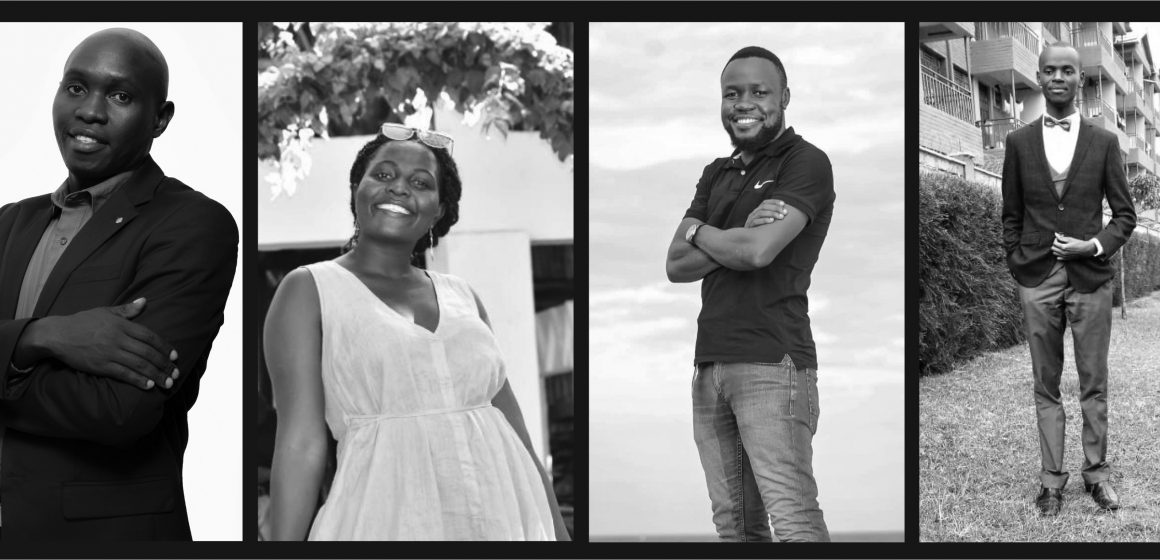






































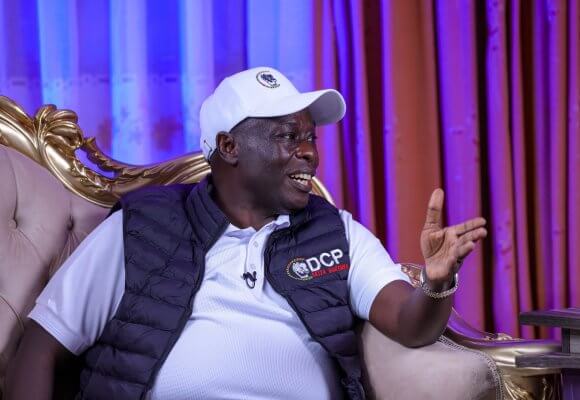
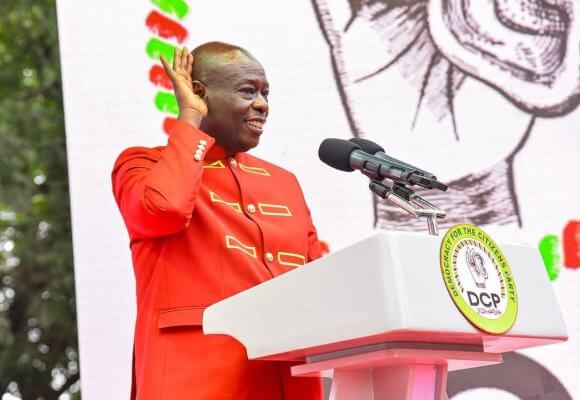
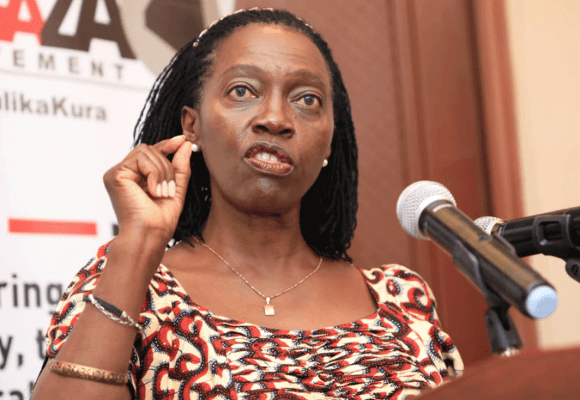
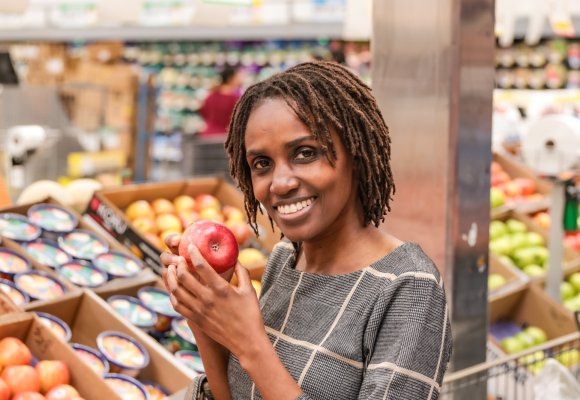

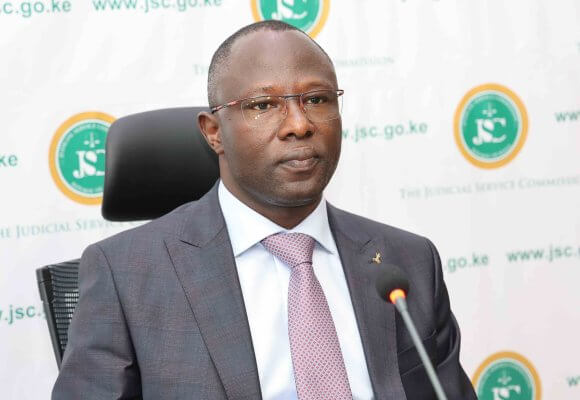

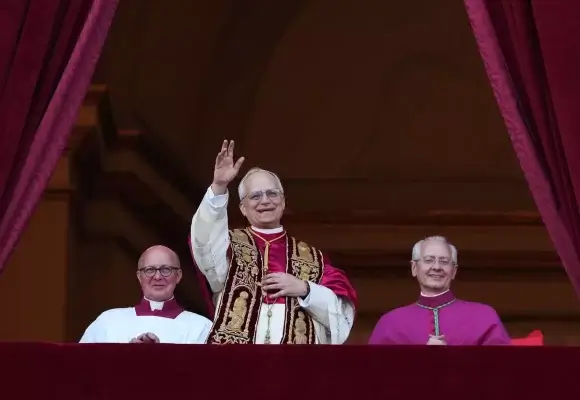
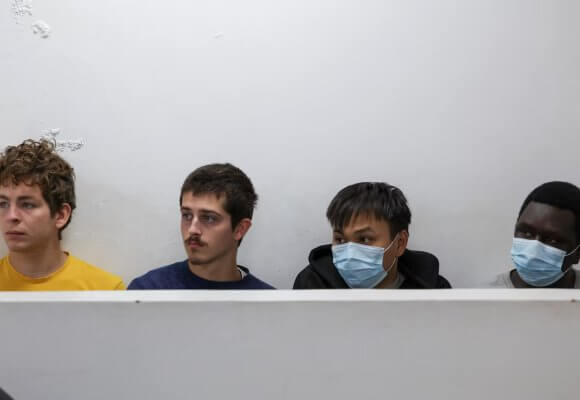
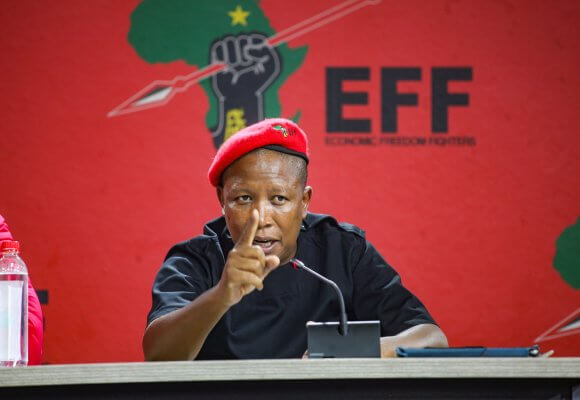
LEAVE A COMMENT
You must be logged in to post a comment.